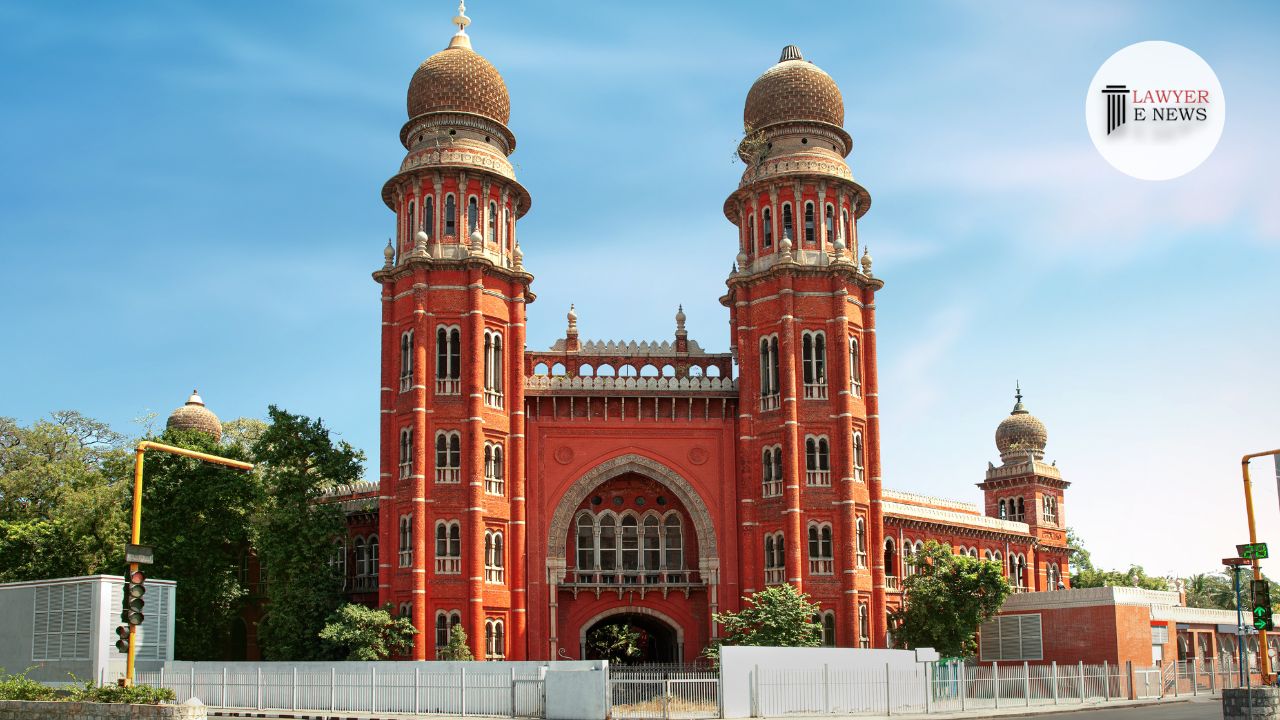-
by Admin
15 February 2026 5:35 AM



In a significant ruling, the Madras High Court has appointed S. Sasikala as the guardian for her husband, M. Sivakumar, who is in a comatose state. The Division Bench comprising Justices G.R. Swaminathan and P.B. Balaji overturned a single judge's dismissal of the writ petition, asserting the court's jurisdiction under Article 226 of the Constitution of India. This judgment underscores the judiciary's role in safeguarding the interests of individuals in a vegetative state when statutory remedies are unavailable.
The appellant, S. Sasikala, sought to be appointed as the guardian for her husband, M. Sivakumar, who has been in a vegetative state since February 2024 due to a medical condition. Despite accruing significant medical expenses and the ongoing need for critical care, the single judge initially dismissed her writ petition, directing her to approach a civil court instead. This decision was challenged in the present appeal.
The Division Bench observed that the single judge erred in dismissing the writ petition based on maintainability. Drawing from precedents, particularly a Kerala High Court decision, the bench emphasized that in cases where no statutory remedy exists, the court's jurisdiction under Article 226 can be invoked to protect the rights of individuals in a comatose state. "It is often said, Courts have to do what the Parliament would have done," the bench noted, referring to the concept of parens patriae jurisdiction.
The court referred to several precedents, including the Kerala High Court's decision in Shobha Balakrishnan and another vs. State of Kerala, which dealt with similar circumstances. The Kerala judgment highlighted the court's role in providing relief when statutory provisions are absent, establishing guidelines for appointing guardians for individuals in comatose states.
The court reiterated that the welfare of individuals in vegetative states necessitates immediate judicial intervention to appoint guardians for managing their affairs. The judgment emphasized that procedural hurdles should not impede justice, especially when the facts are undisputed, and the need for relief is urgent and evident.
"The jurisdiction under Article 226 springs up when no remedy is provided under any statute to persons like patients in a comatose state," the bench remarked. "Driving the appellant to move the civil court, in our view, is not proper. When based on admitted and proved facts relief can be granted, there is no purpose in non-suiting the appellant on the ground that the writ petition is not maintainable."
The judgment by the Madras High Court highlights the judiciary's proactive role in ensuring justice for vulnerable individuals. By allowing the writ appeal and appointing S. Sasikala as the guardian for her husband's property, the court has provided a framework for similar future cases. This decision reinforces the legal principle that courts can step in to fill legislative gaps, ensuring the protection and welfare of incapacitated individuals.
Date of Decision: 23.05.2024
Sasikala vs The State of Tamil Nadu & Others
